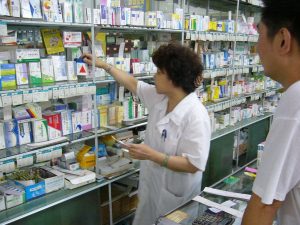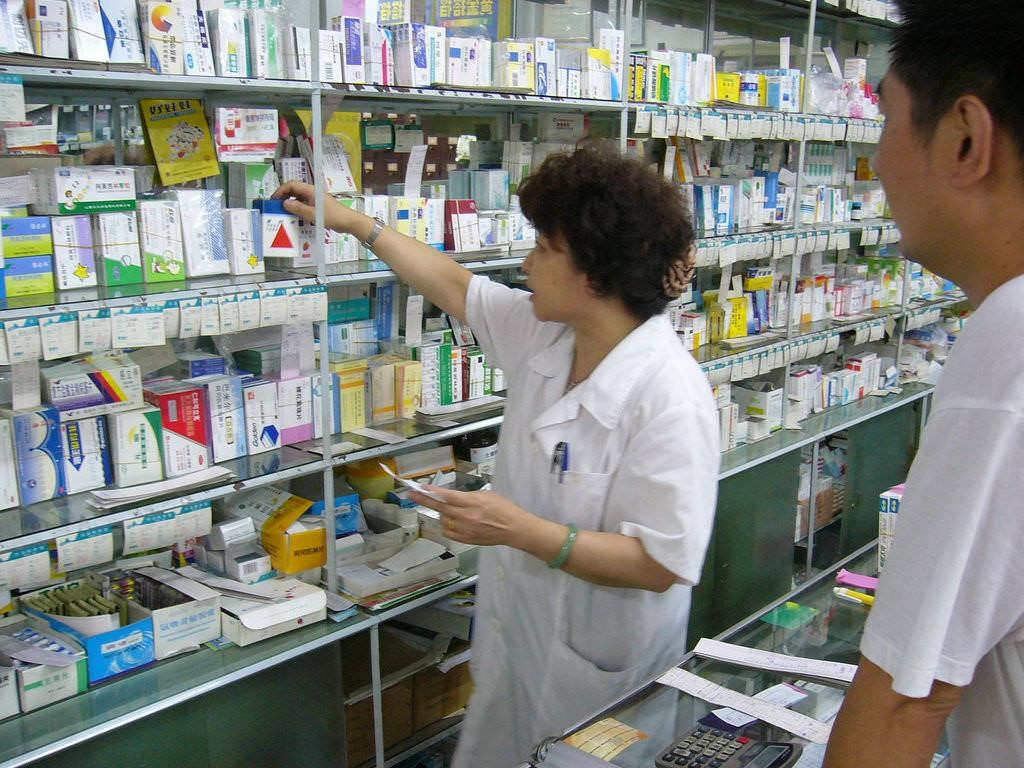Many people are surprised to find out that there are many alternative careers for graduates with a pharmacy degree that extend beyond dispensing and working in a chemist, hospital or industrial pharmacy. After years of study, pharmacists have many skills to offer in a wide range of areas, particularly as people with science degrees are so highly sought. Millions and millions of drugs are produced each year and this sees some of them flying around the manufacturing plant via Vacuum conveying that can be seen at companies like aptech.uk.com/pneumatic-conveying-systems/vacuum-conveying/ before they are packaged and delivered to pharmacies across the globe. There are endless choices for using your medical knowledge, but here are five alternative careers for pharmacists that may interest you.

Research and development
Instead of working with licensed drugs, pharmacists can get involved at the development stage by working with other scientists who are researching new drugs and medicines. This could include understanding the pharmaceutical properties of the drug compounds, the dosage and how different ways of administering the drug could affect how it is absorbed. Pharmacists can be involved with assessing the safety and efficiency of new medicines during research, and they can also be involved in the clinical trial processes, monitoring new drugs and aiding the process development team if the drug gets the go-ahead for commercial production.
Teaching new pharmacists
Pharmacists with good communication skills who have work experience might consider teaching others. They can share their experiences and real-life scenarios with students in the lecture theatre. Pharmacy professors can carry out their own research or produce theses and help students with their laboratory coursework, making it a very varied career path.
Getting clinical
For more direct involvement with patients, clinical pharmacy is an option as it involves the promotion of health, wellness and disease prevention in addition to the use of medicines. Clinical pharmacists often work with doctors, nurses and other healthcare professionals.
Going nuclear
Nuclear medicine is a very interesting field to specialise in. It is highly regulated and will require further study in order to be able to prepare radiopharmaceuticals safely and efficiently. Radiation protection is an integral part of the job along with quality assurance and controlled testing. Anyone who is interested in research and development would do well to look into becoming a radiopharmacist.
Working in the media
Top newspapers and specialist magazines will employ pharmacists to write about healthcare and drug-related issues. Although it may require extra training as a journalist, pharmacists with good writing or communication skills would be highly suited.
